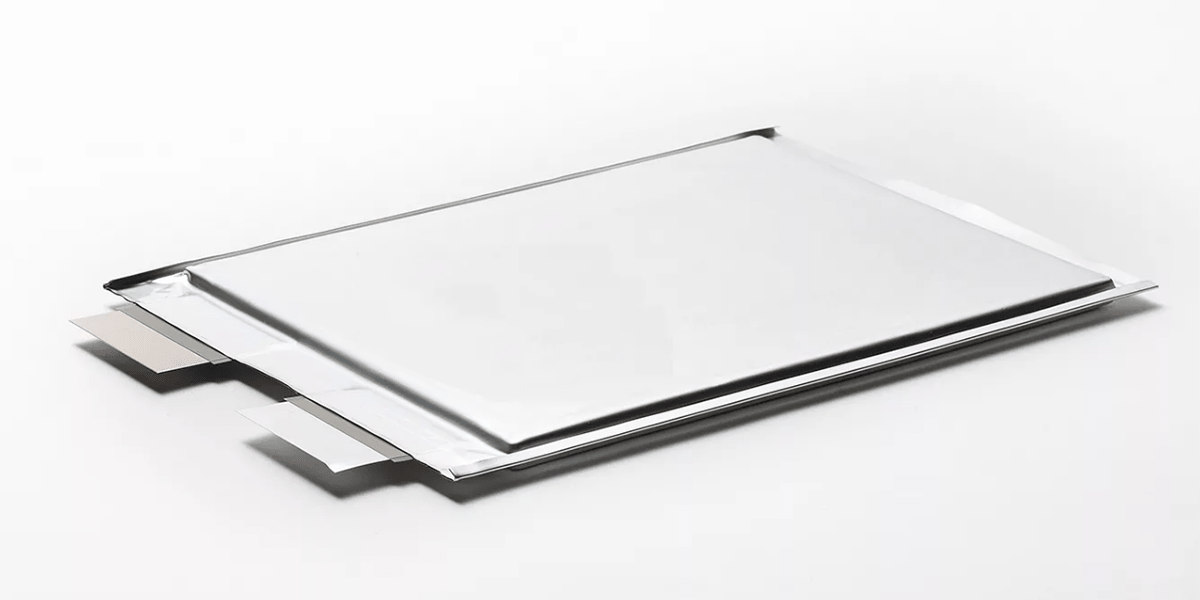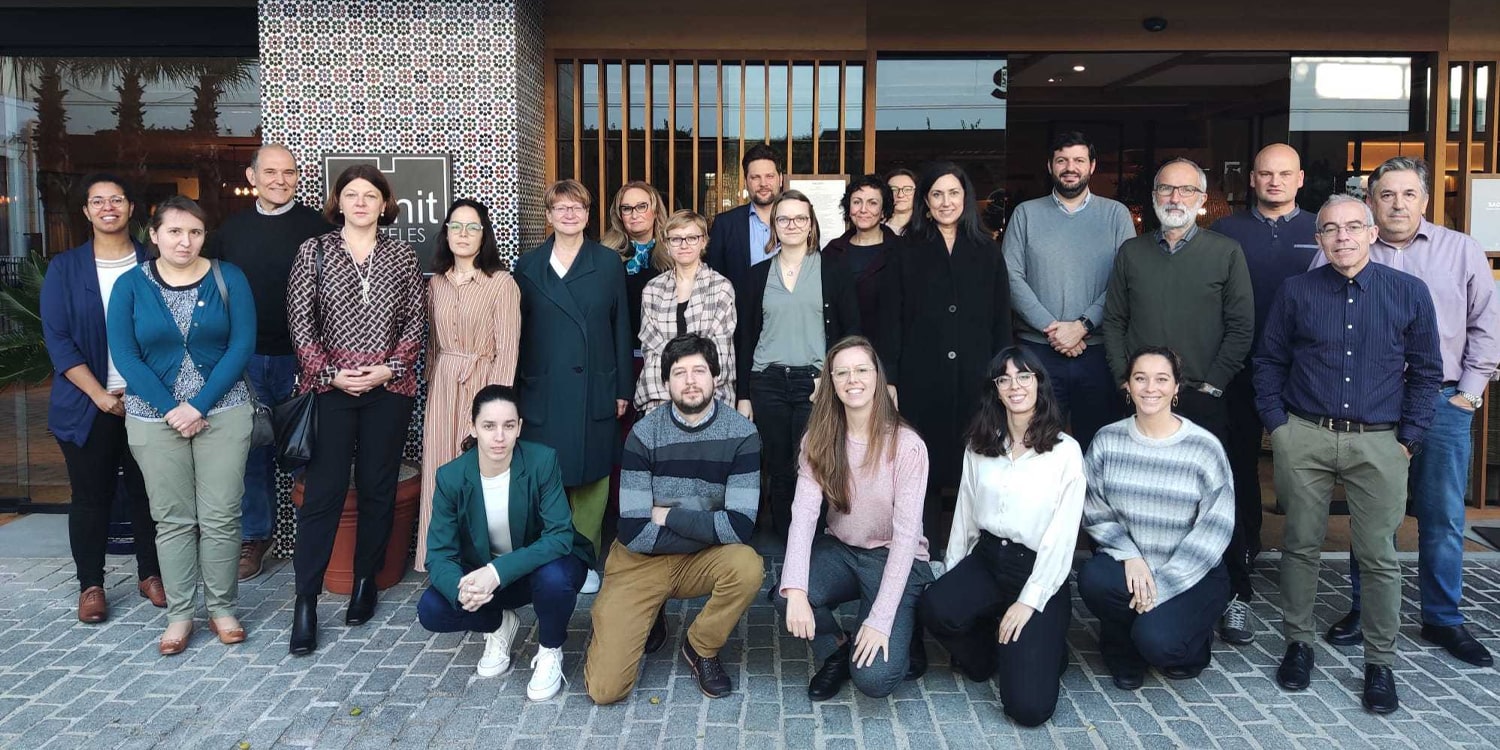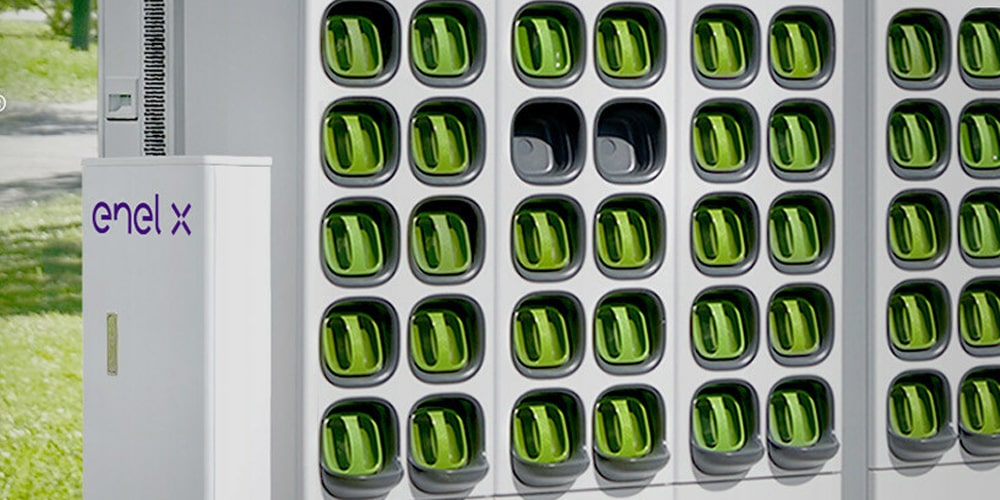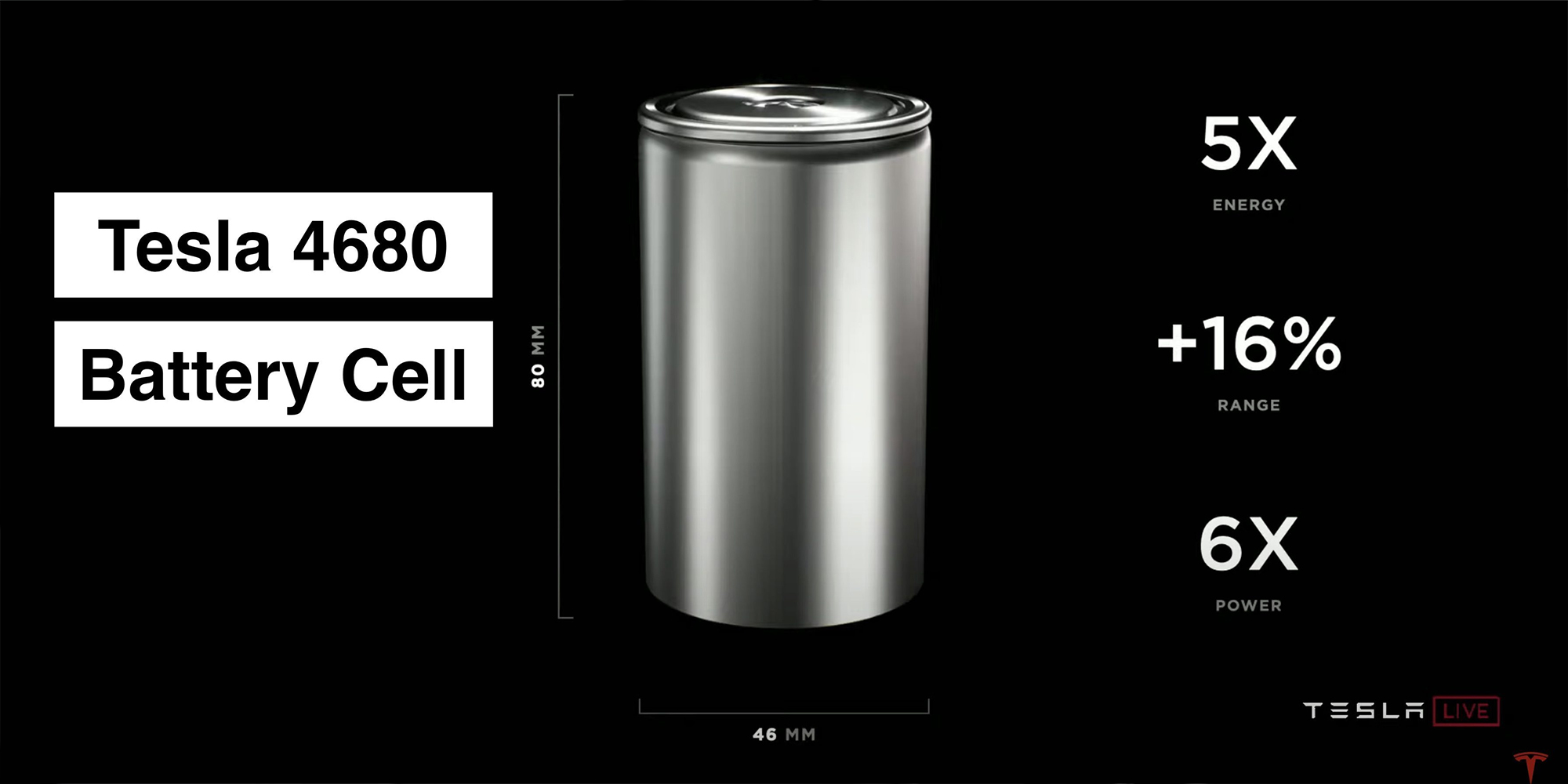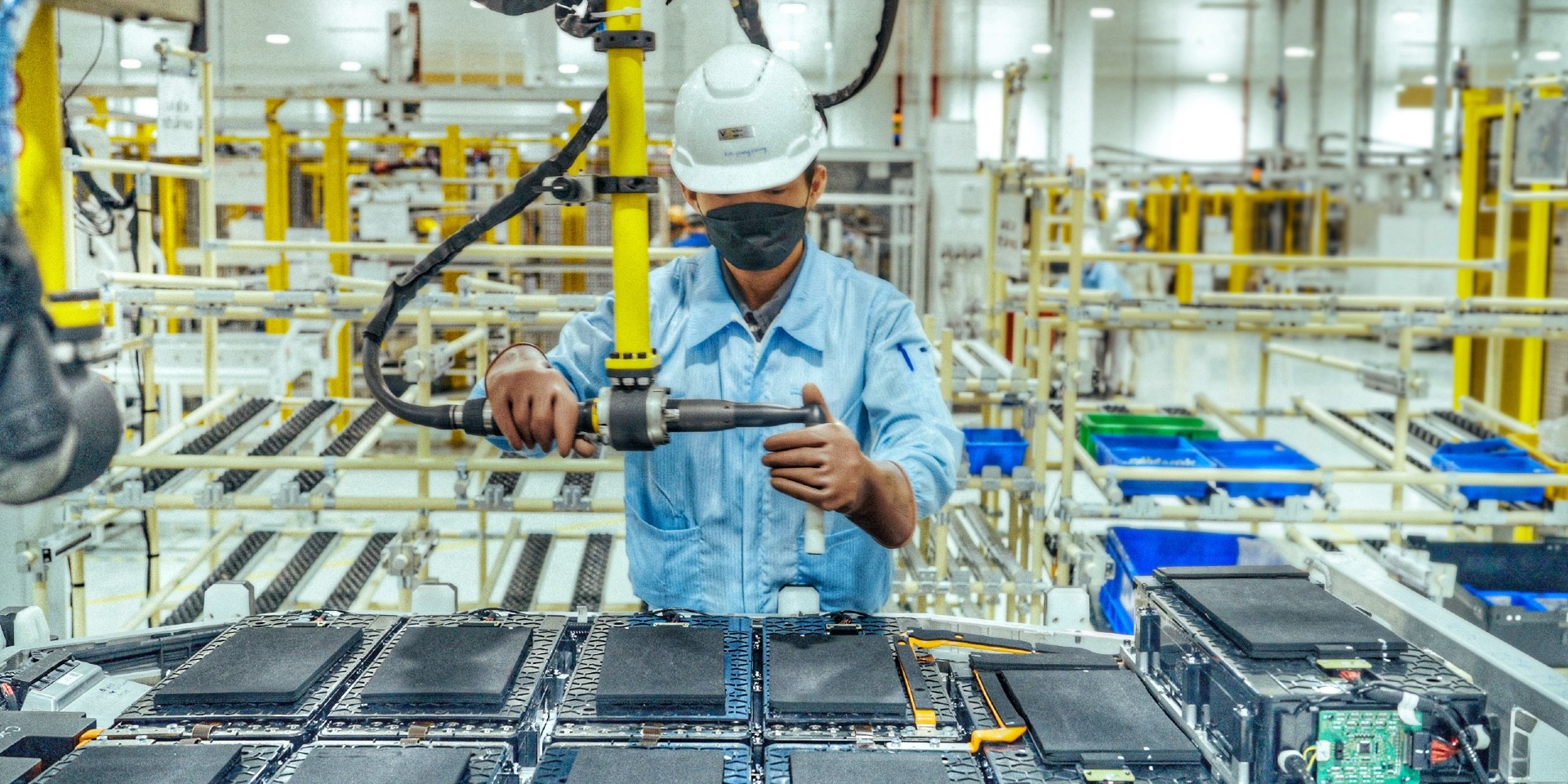The development of efficient and sustainable energy storage solutions is crucial for the transition towards a greener future. Lithium-ion batteries have emerged as the most promising technology for powering electric vehicles, portable electronics, and renewable energy systems. However, their widespread adoption is still hindered by several challenges, including high production costs, limited resources, and safety concerns.
In this context, the PEM Chair at RWTH Aachen University has launched a new collaborative project to advance the state-of-the-art in lithium-ion battery production. The project, funded by the German Federal Ministry for Economic Affairs and Climate Protection, involves seven partners from science and industry who will work together to develop novel technologies and components that will help to produce lithium-ion batteries more efficiently and sustainably.
See also: EU and Germany Reach Agreement on 2035 Ban of Combustion Vehicle Sales with E-Fuel Exceptions
The long-titled joint project, “Highly efficient electrodes with ultralight fabric-based current collectors for lithium-ion batteries,” aims to achieve two major innovations by August 2025: replacing metal foils with a metallized fabric structure and using silicon as an anode material. Both innovations are expected to lead to a significant increase in specific energy density, which is a key performance indicator for batteries.
One of the main advantages of using fabric-based current collectors is that they can reduce the use of primary raw materials such as copper and aluminum, which are often used in traditional metal foils. This, in turn, can help to conserve resources and reduce production costs. Moreover, the technology enables further material savings from the cell to the system level through higher energy density, according to the PEM.
To achieve these goals, the partners will collaborate on various aspects of battery production, including the development of novel electrode materials, the optimization of fabrication processes, and the testing of battery cells’ performance. The PEM Chair will specifically focus on developing processes for coating the fabric-based electricity collectors with slurry-based electrode materials.
See also: Renault-Nissan-Mitsubishi Alliance Deepens Global Collaboration on Electric Vehicles
The project involves a diverse group of partners with complementary expertise in various fields, including physics, textiles, electronics, and battery manufacturing. The Institute for Experimental Physics at the TU Bergakademie Freiberg, the Institute for Textile Machinery and Textile High-Performance Materials at the TU Dresden, the Fraunhofer Institute for Organic Electronics, Electron Beam and Plasma Technology (FEP), as well as elfolion GmbH, Porcher Industries Germany GmbH, ROMONTA GmbH, and Customcells Holding GmbH, will all contribute their unique knowledge and capabilities to the project.
Overall, the new revoLect project represents a significant step towards revolutionizing lithium-ion battery production and making it more sustainable and efficient. By developing novel technologies and components, the partners hope to contribute to the wider adoption of lithium-ion batteries and accelerate the transition towards a greener and more sustainable future.

